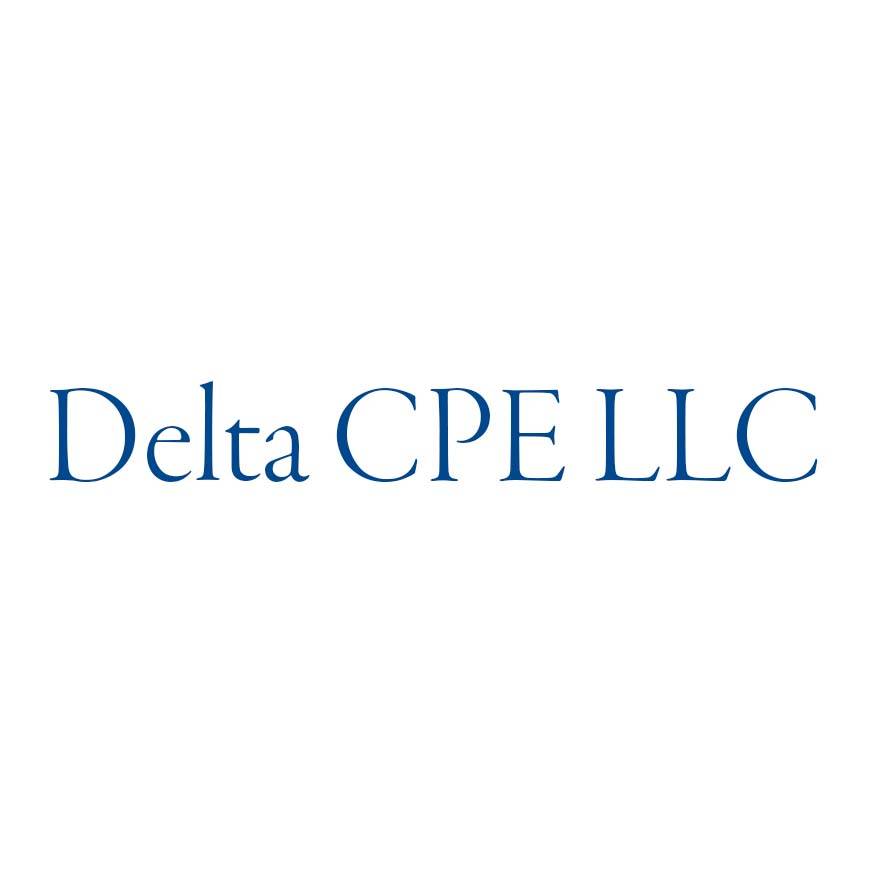Self-Study
How to Run and Organize a Small Business
Explore strategies for launching and operating a successful business using appropriate organizational structure, financing options, and more.

$232.00 – $262.00
Webcasts are available for viewing Monday – Saturday, 8am – 8pm ET.
Without FlexCast, you must start with enough time to finish. (1 Hr/Credit)
Please fill out the form below and we will reach out as soon as possible.
CPE Credits
8 Credits: Business Management & Organization
Course Level
Basic
Format
Self-Study
Course Description
Starting and managing a small business is an exciting venture, but it comes with its own set of challenges, especially for aspiring entrepreneurs who may lack the necessary knowledge. This business management and organization CPE course serves as a comprehensive guide, covering every step required to successfully set up and manage a small business. From developing a robust business plan to mastering the art of Internet marketing, the course breaks down complex aspects into actionable strategies. It also addresses critical factors such as organizational structures, financing options, legal considerations, and effective cash and inventory management. The business management and organization CPE course is designed to transform the overwhelmed novice into a confident business owner, equipped with practical skills and knowledge to make informed decisions, navigate the complexities of entrepreneurship, and steer their business towards success.
Learning Objectives
Upon successful completion of this course, participants will be able to:
Chapter 1
- Recognize the advantages and requirements of different business organizations.
- Identify factors to consider when buying an existing business.
- Recognize methods for determining how much to pay for a business.
- Identify important factors for selecting a new business location.
- Recognize the key sections of a business plan and how it can be used.
Chapter 2
- Identify options and strategies available for small business financing.
- Identify the advantages of leasing vs. purchasing assets.
Chapter 3
- Recognize methods for maximizing working capital and improving cash management.
- Identify processes for inventory management and control.
Chapter 4
- Recognize the elements of different business structures.
- Identify items within legal contracts.
- Recognize the value of patents and where to register a trademark.
Chapter 5
- Recognize financial records necessary to improve internal controls.
- Identify different financial ratios useful for financial analysis.
- Recognize major elements in business costs.
Chapter 6
- Identify elements of different taxes, including income and sales taxes.
Chapter 7
- Recognize different components of marketing research.
- Identify the advantages of new product introductions.
- Recognize social media as it applies to marketing.
- Identify key factors in creating a pricing strategy.
Chapter 8
- Recognize factors to consider when selecting insurance policies.
- Identify software useful for a small business.
Chapter 9
- Identify the advantages of different staffing strategies.
Course Specifics
SS6211313
March 26, 2024
Basic Math
None
160
Compliance Information
CFP Notice: Not all courses that qualify for CFP® credit are registered by Western CPE. If a course does not have a CFP registration number in the compliance section, the continuing education will need to be individually reported with the CFP Board. For more information on the reporting process, required documentation, processing fee, etc., contact the CFP Board. CFP Professionals must take each course in it’s entirety, the CFP Board DOES NOT accept partial credits for courses.
Meet The Experts

For many years, Delta CPE LLC has offered a wide variety of continuing education courses for financial professionals. Topics covered by Delta’s courses include accounting, financial management, budgeting, investments, financial statement reporting, business management, IFRS, ethics, valuations, real estate, and business writing. The diversity and breadth of Delta’s course offerings make the company a prolific and unique contributor to the CPE world. Delta’s well-credentialed authors and contributors have also been published in numerous academic and professional journals and quoted by some of the leading financial media outlets.
Related Courses
-
 Business Management & Organization
Business Management & Organization
Developing and Managing Teams
Steven M. Bragg, CPA QAS Self-Study
Credits: 4 $116.00
QAS Self-Study
Credits: 4 $116.00$116.00 – $136.00
-
 Business Management & Organization
Business Management & Organization
Effective Negotiation
Steven M. Bragg, CPA QAS Self-Study
Credits: 5 $145.00
QAS Self-Study
Credits: 5 $145.00$145.00 – $175.00
-
 Business Management & Organization
Business Management & Organization
Understanding and Managing Organizational Behavior
Delta CPE LLC QAS Self-Study
Credits: 14 $364.00
QAS Self-Study
Credits: 14 $364.00$364.00 – $404.00
